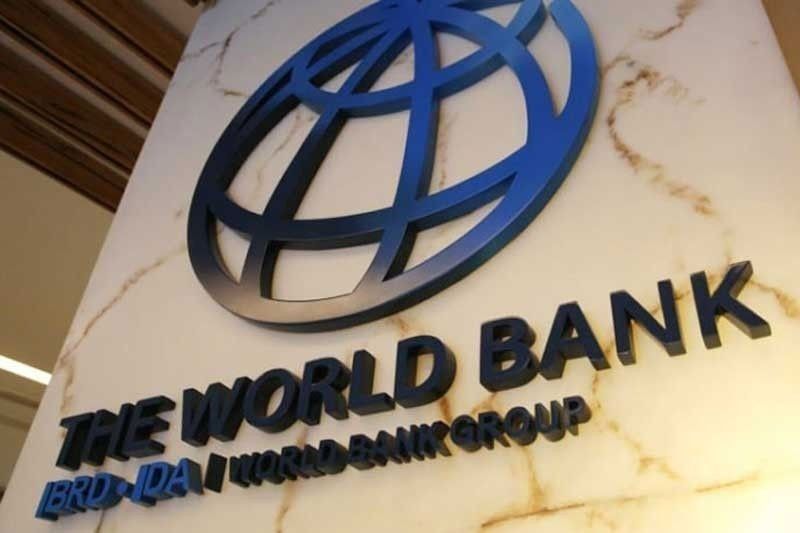Commodity prices to rise further – World Bank

MANILA, Philippines — Commodity prices will remain on the uptrend as the global economy recovers from the pandemic, and the Philippines will have to strengthen its short-term resilience as such price increases are both a boon and a bane for the country.
In its semi-annual Commodity Markets Outlook report, Washington-based World Bank said prices continue to recover and would likely settle at the current levels for the rest of 2021.
In particular, oil prices are seen averaging more than a third higher this year than in 2020, hitting $56 a barrel.
Metal prices are also expected to climb 30 percent while the cost of agricultural commodities are forecast to rise at least 14 percent.
The World Bank said almost all commodity prices are now above pre-pandemic levels, driven by the upsurge in economic activity as well as some specific supply factors, particularly for oil, copper and some food commodities.
Recently, commodity prices hovered at eight-year highs amid faster economic recovery in some developed countries such as China, the world’s second largest economy and the biggest buyer of many global commodities.
“Emerging market and developing economies, both commodity exporters and importers, should strengthen their short-term resilience and prepare for the possibility of growth losing momentum,” the World Bank said.
Economists maintained that continued upward movement of prices is both an advantage and a risk for the Philippines in dire need of economic recovery.
“Global recovery is accompanied by rising demand. Prices can go up if productive capacity grows slower than demand. Not good news for us,” economist and University of the Philippines professor Ramon Clarete said in a text message.
In an email, Nicholas Mapa, senior economist at ING Bank, said higher commodity prices could weigh on domestic prospects in terms of increased energy costs given the Philippines’ dependence on imported oil.
Crude oil prices have been rebounding from record lows reached during the pandemic as demand will further firm up as vaccines become widely available, restrictions are eased and global recovery is sustained.
In turn, this would mean higher cost for importing oil, one of the major supply-side factors that drove the country’s inflation in the last two months.
“Higher oil could lead to relatively higher inflation and import costs could be passed on to consumers,” Rizal Commercial Banking Corp. chief economist Michael Ricafort said.
“However, pricing power of some producers have been reduced by the pandemic, thereby higher input costs could be absorbed by manufacturers and producers that reduce their margins,” he said.
On the other hand, the Philippines can also benefit from high metal prices especially as infrastructure programs in most countries are being ramped up and as the global energy transition to decarbonization intensifies.
“The pickup of commodity prices can be viewed as a positive as it signals faster economic activity of our major trading partners, which could in turn translate into higher demand for Philippines exports, something that the domestic mining industry, which incidentally got a boost from a recent executive, could benefit from,” Mapa said.
Last week, the Philippines lifted the nine-year old ban on new mining deals as the government seeks to boost revenue generation.
“This could benefit some local miners, amid faster economic recovery in some developed countries as well as improved global demand for materials used in the global supply chain of electric vehicles and also the increased demand in the supply chain of renewable power sources,” Ricafort said.
While global food commodity prices have remained stable recently, the World Bank said the effects of COVID-19 on food insecurity are expected to continue until next year.
“Although food commodity markets are well supplied globally, COVID-19 has severely impacted local labor and food markets around the world, reducing incomes, disrupting supply chains and intensifying food and nutrition security issues that were present even before the pandemic struck,” it said.
Further, Mapa emphasized that the benefits derived from faster global trade and the general pickup in global activity may offset the negative impact of higher commodity prices as it could usher in improved economic conditions onshore as well with incomes hopefully rising fast enough to compensate for imported inflationary pressures.
- Latest
- Trending



























